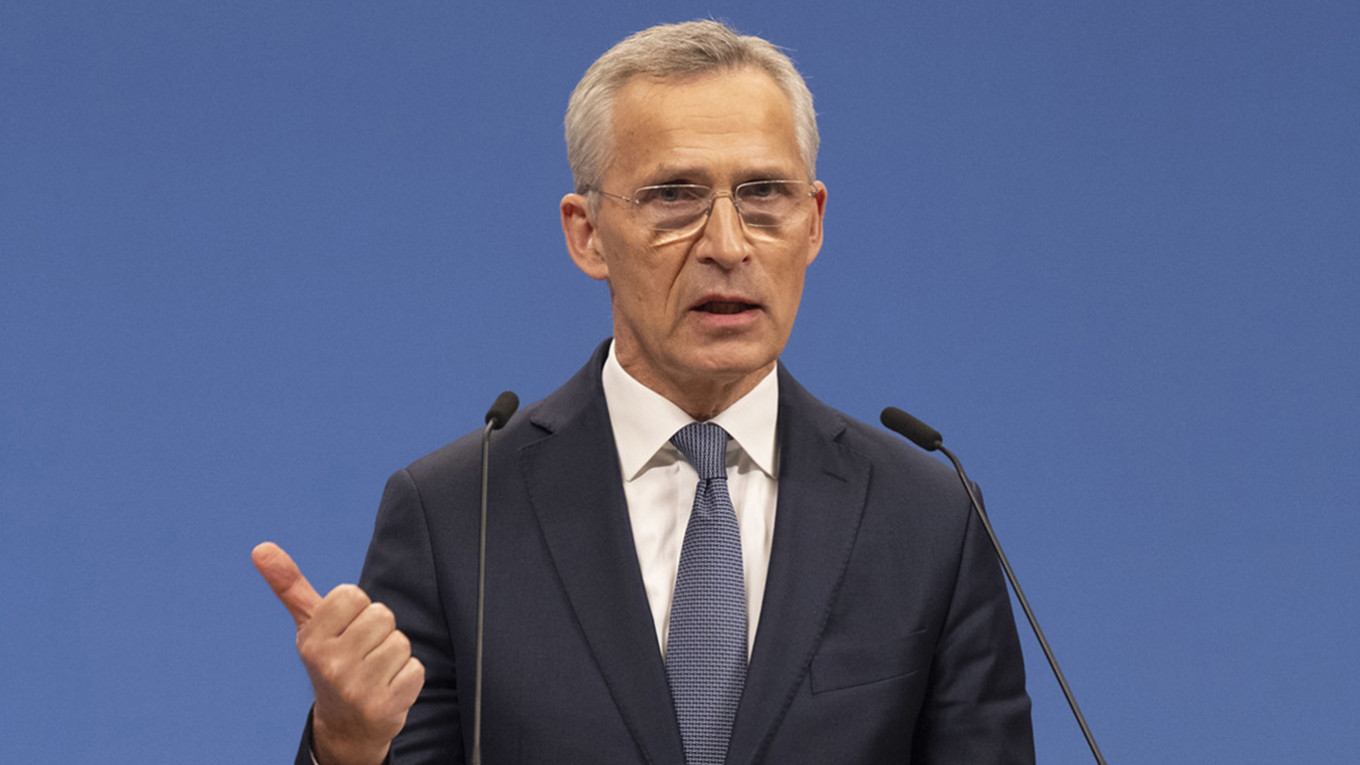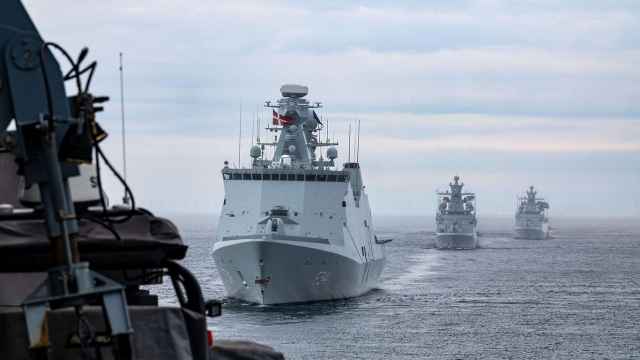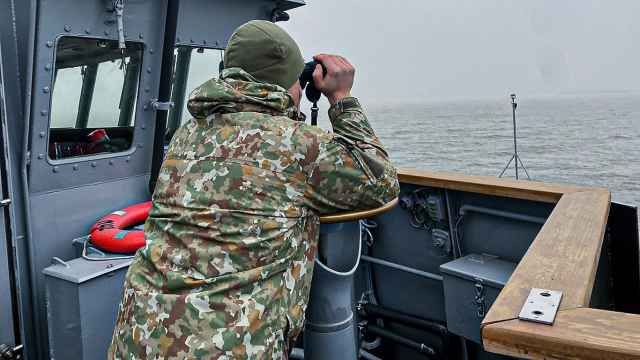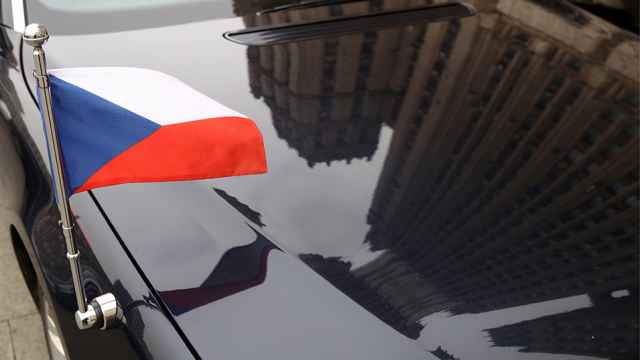NATO chief Jens Stoltenberg said Thursday that the bloc's member countries could impose "tighter restrictions" on Russian intelligence operatives after a recent string of sabotage attacks.
Stoltenberg said NATO defense ministers meeting in Brussels would discuss plans to counter a "Russian campaign of hostile activities against NATO allies."
"We have seen several examples of sabotage, of arson, attempts of cyber attacks, of disinformation," he said.
Stoltenberg added that ministers would work on "response options," expected to include closer intelligence sharing, bolstering protection of critical infrastructure, and "tighter restrictions on Russian intelligence personnel across the alliance."
Western governments have sounded the alarm about what say is a growing wave of Russian "hybrid activity" in Europe.
Last month, Poland said it would restrict the movements of Russian diplomats after the arrest of several people suspected of planning sabotage attacks on behalf of Moscow's security services.
Authorities in the Czech Republic, Estonia, Germany, Latvia, Lithuania and Britain have also recently investigated and charged people over alleged "hostile" activities blamed on Russia.
Officials suggest Moscow's aim could be to sow discord among NATO allies and to try to pressure them into halting weapons supplies to Ukraine.
"Russia's actions will not stop us from supporting Ukraine," Stoltenberg pledged earlier this week.
A Message from The Moscow Times:
Dear readers,
We are facing unprecedented challenges. Russia's Prosecutor General's Office has designated The Moscow Times as an "undesirable" organization, criminalizing our work and putting our staff at risk of prosecution. This follows our earlier unjust labeling as a "foreign agent."
These actions are direct attempts to silence independent journalism in Russia. The authorities claim our work "discredits the decisions of the Russian leadership." We see things differently: we strive to provide accurate, unbiased reporting on Russia.
We, the journalists of The Moscow Times, refuse to be silenced. But to continue our work, we need your help.
Your support, no matter how small, makes a world of difference. If you can, please support us monthly starting from just $2. It's quick to set up, and every contribution makes a significant impact.
By supporting The Moscow Times, you're defending open, independent journalism in the face of repression. Thank you for standing with us.
Remind me later.






